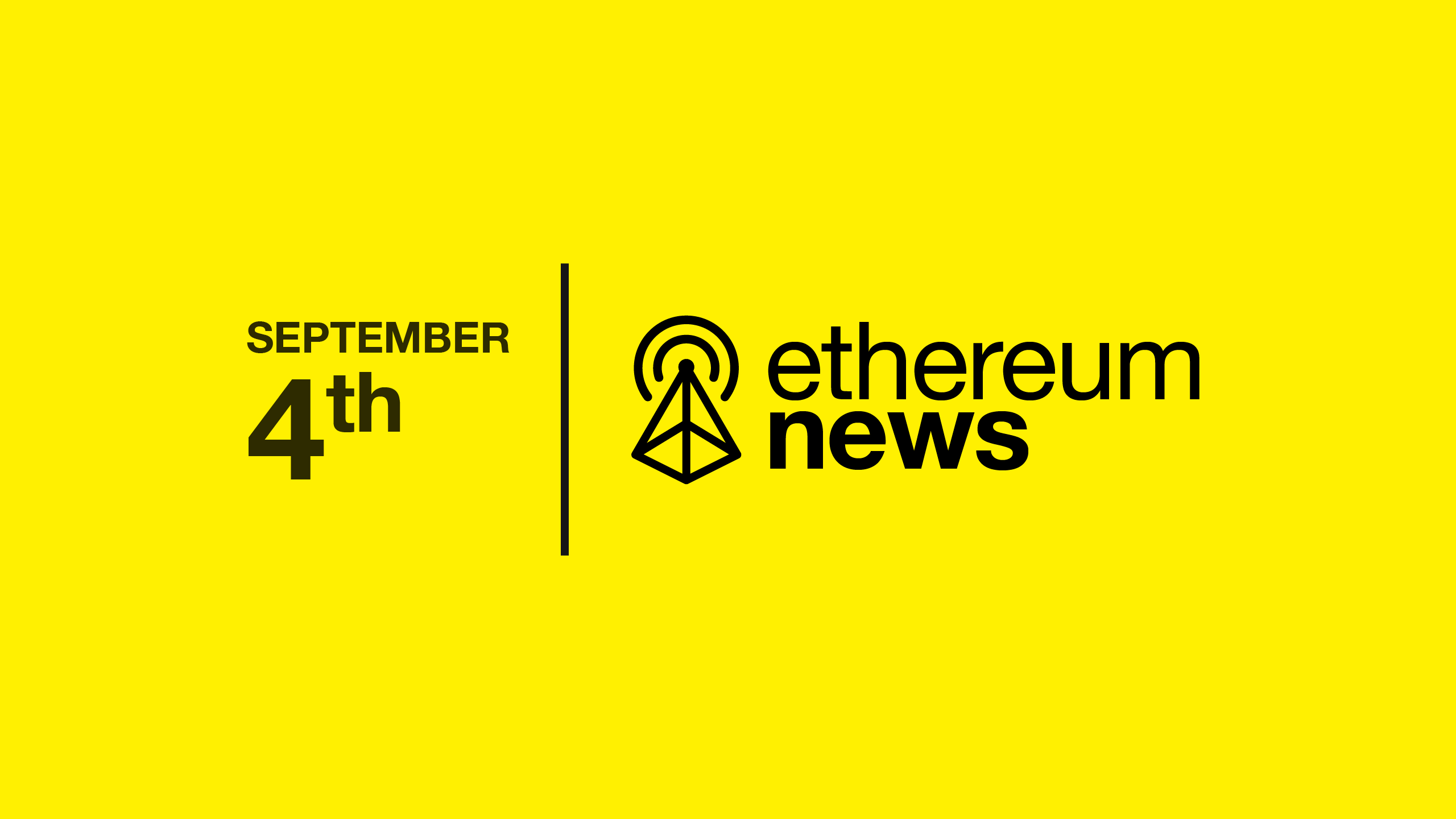Vitalik Sells Remaining Stake In MakerDAO
The sale comes one day after MakerDAO Co-Founder Rune Christensen proposed plans to use the Solana codebase.

Quick Take
- Vitalik sells 500 MKR tokens.
- Vitalik seeks active governance from RAI.
- Stake suffers a $40 million exploit.
- Danny Ryan introduces PeerDAS.
Listen on: Apple | Castbox | Spotify | YouTube | Lens
Stake Suffers $40 Million Exploit
Stake, a popular crypto-casino, suffered an attack resulting in a loss of over $40 million. Roughly $15.7 million was drained on Ethereum and $25.6 million across Polygon and Binance Smart Chain. Cyvers, a real-time security alert platform, first reported the incident. Drained assets include ETH, USDC, DAI, and USDT. The stolen stablecoins were then converted into ETH and distributed to various addresses. Stake later released a statement acknowledging unauthorized withdrawals on its ETH and BSC hot wallets. Stake also stated that user funds are safe. Last year, the company reported $2.6 billion in revenue.
Vitalik Buterin Sells 500 MKR
Ethereum creator Vitalik Buterin sold 500 MKR tokens in exchange for 353 ETH, marking the disposal of his remaining stake in MakerDAO governance. The move comes one day after MakerDAO Co-Founder Rune Christensen proposed plans to use the Solana codebase for building a new native blockchain called NewChain. Buterin used CoW Swap, an MEV-protecting DEX aggregator, to execute the sell order. Following the sale, Buterin visited the Reflexer Discord server to inquire about the next steps for RAI, considering “MakerDAO is torpedoing itself into weird directions.” He suggested that Reflexer have more activist governance for RAI. Reflexer is the DeFi protocol behind RAI, a governance-minimized floating stablecoin overcollateralized by ether. Buterin proposed for RAI governance to support staked ETH collateral and intentionally only support minority LSTs. The suggestion comes as Lido nears 33% market dominance.
Danny Ryan Introduces PeerDAS
Ethereum core developer Danny Ryan introduced PeerDAS, a proposed decentralized data availability sampling solution for Ethereum that seeks to leverage existing p2p components. Data Availability Sampling is a mechanism for ensuring data stored on a blockchain is available, accessible, and verifiable. The solution seeks to achieve greater data availability without significantly increasing the workload of honest nodes. PeerDAS helps maintain data integrity, contributing to the proper fork choice rules on Ethereum. Ryan also notes the importance of different types of nodes in DAS solutions, including validators and super-full nodes.
Lens Protocol Supports Zora NFT Embeds
Web3 social platform Lens Protocol now supports native minting for Zora NFTs. Users can now mint Zora NFTs directly from Lens apps that support the new integration. To share a Zora collection, users can simply paste the Zora link in a Lens post.

